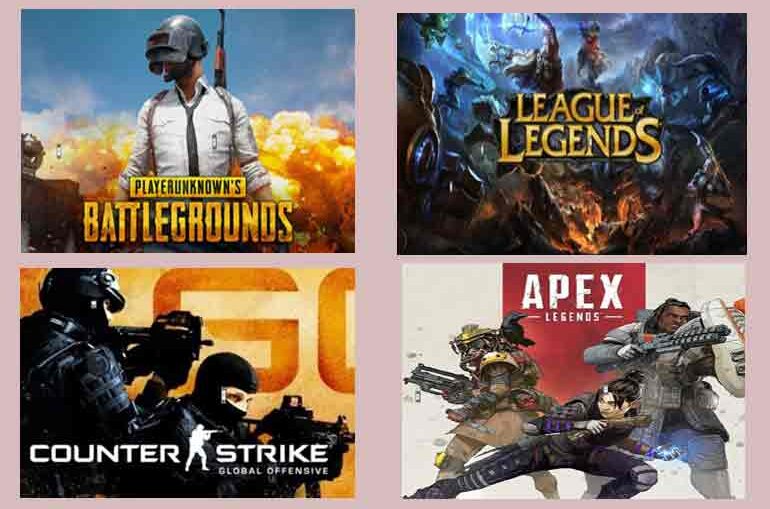Online games hulk123 have become an integral part of contemporary entertainment, captivating millions of players around the globe. As technology continues to advance, the landscape of online gaming evolves, offering immersive experiences that were once unimaginable. In this article, we will explore the journey of online games, examining their origins, growth, and the impact they have on individuals and society.
The Genesis of Online Gaming:
The concept of online gaming traces its roots back to the early days of computer networks. In the 1970s and 1980s, as the internet started to take shape, developers began experimenting with multiplayer games. The iconic game “MUD1” (Multi-User Dungeon) emerged in 1978, paving the way for the multiplayer online gaming phenomenon.
The Rise of Massively Multiplayer Online Games (MMOs):
The 1990s witnessed the surge of MMOs, with titles like “Meridian 59” and “Ultima Online” captivating players with their persistent virtual worlds. The genre reached new heights with the release of “EverQuest” in 1999, setting the stage for the massively popular “World of Warcraft” (WoW) in 2004. WoW’s success not only defined the MMO genre but also influenced the entire gaming industry.
Diversification of Genres:
As technology improved, online gaming diversified into various genres. First-person shooters like “Counter-Strike” and “Call of Duty” dominated the competitive scene, while multiplayer online battle arena (MOBA) games like “Dota 2” and “League of Legends” gained immense popularity. The advent of battle royale games, such as “Fortnite” and “PlayerUnknown’s Battlegrounds,” introduced a new dimension of large-scale, last-man-standing gameplay.
Social Connectivity and Communities:
One of the most significant impacts of online gaming is the creation of vast virtual communities. Players from different corners of the world connect through gaming platforms, forming friendships and alliances. Online games serve as social spaces where individuals collaborate, compete, and share experiences. Streaming platforms like Twitch have further elevated the social aspect, allowing players to broadcast their gameplay to a global audience.
E-Sports and Competitive Gaming:
The rise of e-sports has transformed online gaming into a professional and highly competitive industry. Tournaments and leagues offer substantial prize pools, turning skilled players into celebrities. Games like “League of Legends,” “Dota 2,” and “Counter-Strike: Global Offensive” draw massive viewership, with fans tuning in to watch their favorite teams and players compete at the highest level.
Challenges and Controversies:
Despite its widespread popularity, online gaming faces challenges and controversies. Issues like addiction, cyberbullying, and in-game purchases have sparked debates about the impact of gaming on mental health and well-being. Game developers and communities are actively addressing these concerns, implementing measures to ensure a positive and inclusive gaming environment.
Conclusion:
The journey of online gaming from its humble beginnings to a global phenomenon reflects the rapid evolution of technology and its impact on entertainment. As online games continue to shape the way we play and interact, it is essential to navigate the challenges responsibly and foster a gaming culture that prioritizes enjoyment, inclusivity, and well-being. The future of online gaming holds exciting possibilities, with innovations in virtual reality, augmented reality, and artificial intelligence promising even more immersive and engaging experiences for players worldwide.

